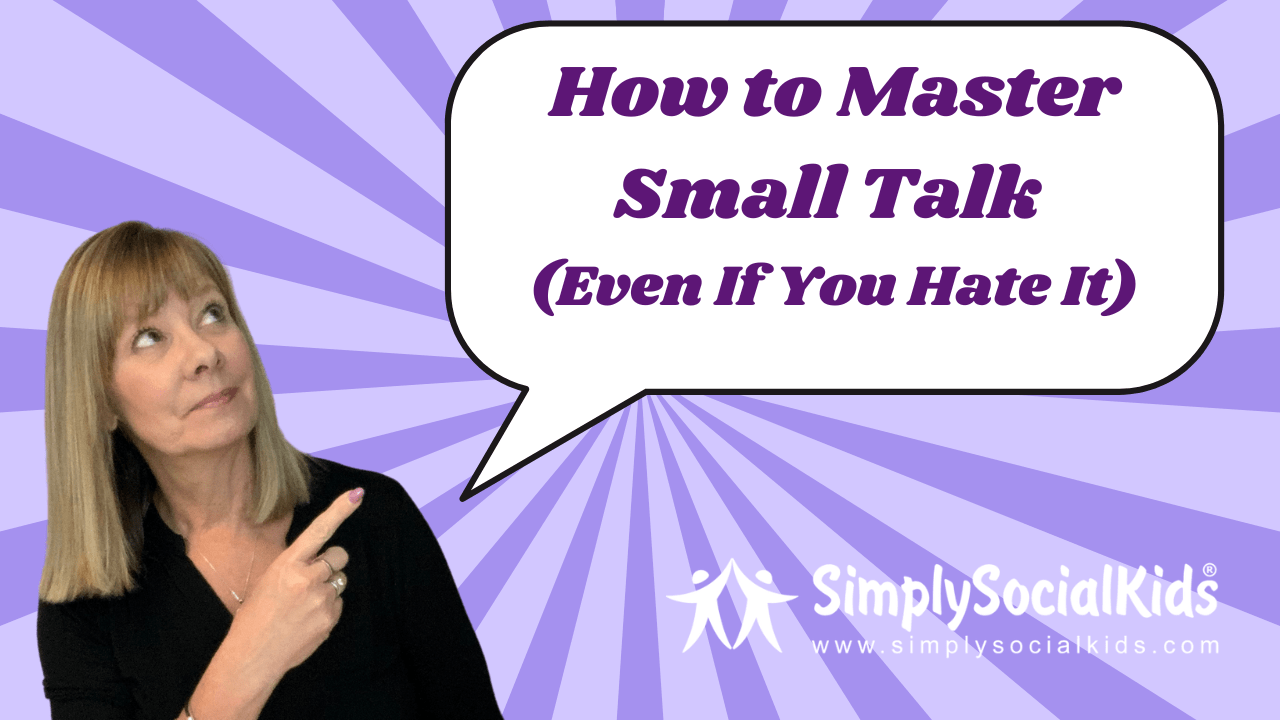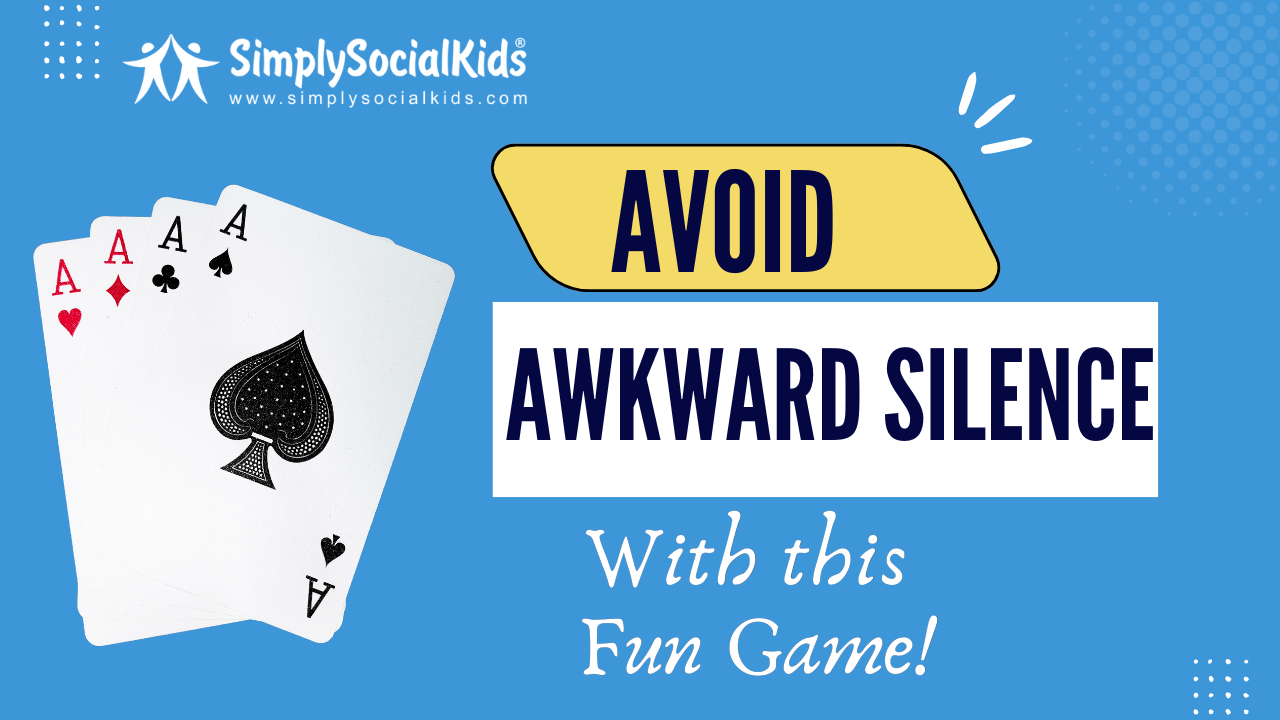

by Nadine Briggs
Many thanks to everyone who attended our free online event, Let’s Chat About ADHD, on Tuesday evening. We had a great turnout with many thought-provoking questions. Many people struggle with impulsivity, social, and organizational challenges. By sharing our follow up Q & A, we are hoping to help families with children and teens with ADHD or those not diagnosed but struggling just the same.
Photo shows Trent as a preteen (I think) but he is now 21. He still has a great sense of humor but definitely knows when to turn it up or down.
The waking issue was a huge issue for us. We used Clocky which is a clock that jumps off the table and rolls around the room (Clocky Alarm).
Trent now uses an app called Sleep Cycle and it tracks sleep patterns based on breathing and starts to wake him when he is in a lighter level of sleep. Timers that go off at regular intervals can help to propel kids forward without parental reminders. He’s at the age where he will begin to push parents away as he prepares to leave the nest after high school. Regular sleep and wake schedules can help by having a reliable routine. If he is resistant to parental ideas, I would give him the task of either brainstorming solutions with you or ask him to come up with a solution on his own. If he can take some ownership of the solution, he will more like abide by it for the long term.
This issue is a common one for those who do not understand the challenges that come with ADHD. There are some people who feel that some solid discipline will do the trick. Clearly, this is the last thing that someone with ADHD needs. If the people who don’t understand are willing to listen, I would explain it using the words from Ned Hallowell, ““you have a turbo charged mind – like a Ferrari engine, but the brakes of a bicycle.” Here is an article that does a great job of explaining it further.
Trent attended Westford Academy in Westford, MA for freshman and sophomore year before transferring to Lawrence Academy in Groton, MA. This change in culture and teaching style allowed him to achieve at a much higher level than public school. Discussion and activity-based learning tend to be the most engaging for kids with ADHD rather than lecture style learning. This isn’t always available in the public school system but might be in private or charter schools. Education plans such as a 504 or IEP can incorporate movement breaks, classroom fidgets, therapy bands on chair legs, ball seats, reminders to turn in homework, etc. to accommodate ADHD. We discussed medications at the event as Focalin helped Trent tremendously throughout his life. He stated that medications changed his life for the better. We say this knowing that the medication issue is a very personal choice and not one to be taken lightly. We can’t give medical advice but suggest you speak to your physician about options that are right for you.
An extreme level of exercise has also proven to be very useful in maintaining focus. Trent participated in soccer, wrestling, boxing gym workouts, track, high jump, cross country running, Spartan races, and half marathons. As an adult, he is aware that exercise is one major way to keep focused. He is also able to turn on “work mode” which usually occurs when he is nearly out of time. Many people with ADHD work best under a tight deadline which they usually create with much procrastination!
The medication was very effective for him, but it does suppress appetite so he was allowed to snack as much as he wanted in the evenings. People with ADHD might not work hard to get food and beverages if they feel that they’re fine without. Our personal view was to let him have food in his room and a mini fridge so he would have easy access. Some families would not be comfortable with this approach but it worked for our family. Also, after he used the medication consistently for a while, his body became used to it, and the appetite came back.
We definitely had our challenges but a very important aspect was that he had a soft place to land at home. We’re not saying that we didn’t get angry with him at times but we really tried to be as understanding as possible so he would know that home was a safe haven when the world felt hard. Our oldest daughter has Down syndrome so Trent having ADHD was not as much of a shock since we were already immersed in the special needs community.
Thank you for your comments about college! Many kids with ADHD are highly intelligent and the struggle becomes being able to act on that intelligence. Some families hire executive function coaches to help teach their kids skills to manage academics. We didn’t need to do that because of my training.
It should be stated, though, that there are individuals who struggle greatly with ADHD despite interventions. A wide range of abilities exist as with any person-to-person comparisons of any type.
As a teenager with ADHD, I often became annoyed with my parents, especially in the morning while waking up. However, without them being there often, I’m not sure I would have been able to get places on time or at all. When something is really difficult, it can be hard to constantly hear how you need to fix it, but as a parent, reminding your kid of strategies is important.
Middle school and high school were tough for opposite reasons. Middle school I was loud, annoying, talked a lot, and got moved around a classroom often. It was hard for me to control any impulses. I often thought jokes were funny the second time, third time, fourth, and so on…. As high school came around I learned to suppress that side of me, especially in class. However, I did not do this in a healthy way. I became shy, and almost never participated in class. In my mind it was better to be safe than sorry in school. When I transferred schools and met a new friends group I was able to suppress the impulses enough to not be annoying, while still being me and not hiding who I was.
Friendships were hard as well. Someone with ADHD is quick to accept a group as their friend group regardless of whether the group is actually full of friends. Eventually though, after meeting the right people and trying new clubs, anyone can find their group. Sibling relationships were very easy for me since my sister is one of the nicest people ever. My parents made sure to always keep everything fair. My sister and I rarely fought.
Writing was never usually an issue for Trent personally. He tests in the superior level for linguistics so he is a fast and proficient writer. He also nearly always wins at Words with Friends! Writing, though, is a very intense executive functioning task. A person needs to organize their thoughts, figure out what to say and to use the right amount of detail, grammar and sentence structure, and formulate full thoughts with sentences while staying focused the whole time. When writing, the content is coming from the person’s imagination rather than them reacting to what someone else wrote so it is inherently difficult for many kids.
Contact us with any other questions or if you would like to discuss social resiliency coaching for your child or teen.
Nadine and Trent Briggs






